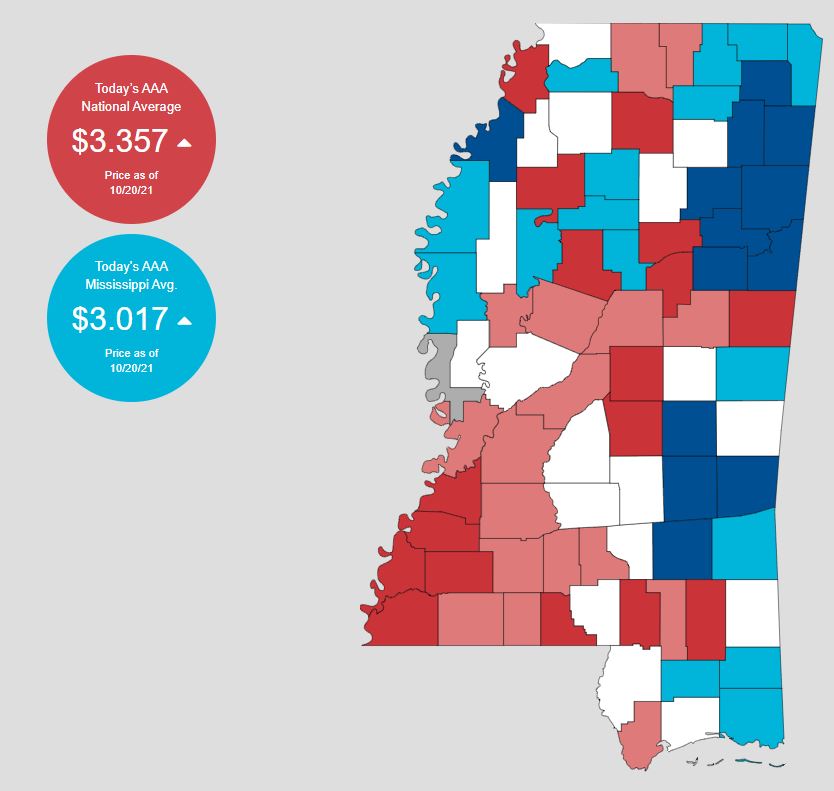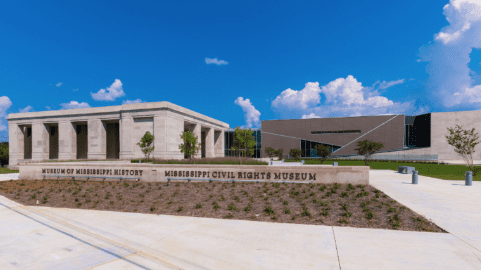
State Senator Blackwell says he does not anticipate any additional changes to current draft of medical marijuana bill.
As of mid-October, there is still no sign that Governor Tate Reeves will call a special session for medical marijuana. During an interview on SuperTalk radio, State Senator Kevin Blackwell, a major player in the crafting of the medical marijuana legislation, was asked why that is.

“That’s the Governor’s call,” said Blackwell. “He had said if the House and Senate come to an agreement that he’d consider calling the special session. We’ve done that, we’ve sent the bill over to his office for comment, we’ve included most of their requests. So now we’ve sent the bill back and are waiting to see what happened.”
The initial form of the bill started out at 140 pages and is now at 270 with more input to come. Blackwell said the language of the bill is roughly 100 pages and the rest are changes to code sections that must be made in order to implement what the direct language addresses.
The bill in its current form has input from House members, Speaker Philip Gunn, Senate members, Lt. Governor Delbert Hosemann, the Governor’s office, Governor Tate Reeves and advocates for the program.
Blackwell said most of the recent requests made by the Governor for the updated version were accepted, but not all.
Those that were accepted include allowing for a different role for the Mississippi Department of Agriculture and Commerce. Legislators decided to put the Department of Health over the entire project and reduce MDAC as an overseeing agency for growers and transporters.
 Blackwell said MSDH will now be responsible for all licensing and general operations of the program, something originally sanctioned to MDAC and a major reason Ag Commissioner Andy Gipson has shown great frustration in recent weeks.
Blackwell said MSDH will now be responsible for all licensing and general operations of the program, something originally sanctioned to MDAC and a major reason Ag Commissioner Andy Gipson has shown great frustration in recent weeks.
Senator Blackwell added that with this change MDAC can choose to manage their portion in house or contract another with other agencies for assistance.
The Governor has called for medical cannabis to be prohibited from receiving incentives from the Mississippi Development Authority, such as was done with casinos in the state of Mississippi when that industry entered the state. This would prevent the businesses from receiving tax breaks from the state.
Along the line of taxes, Blackwell said they did clarify the excise tax which will be set at 5%.
“That will occur between the cultivator and the processor and then between the cultivator and the dispensary when they sell the actual flower to those dispensaries,” said Blackwell.
Originally, the program would have been required to begin 60 days after the bills passage, but Blackwell said they pushed that back to 120 days in order to give the departments time to put regulations, staffing and technology in place.
Blackwell said in the event the Governor does call a special session and the bill is passed, this new timeline will give lawmakers the opportunity to edit any issues within the bill during the regular session that begins in January 2022, prior to the program going into effect.

When it comes to those growing the product, the legislation now allows facilities up to 100,000 square feet, adding a sixth category for growers who grow the plant at a large scale.
“To give you an idea, I believe the super Walmart is about 150,000 square feet,” said Blackwell. “It’ll be big… there are folks who are looking at facilities that big.”
Practitioners will be required to operate within the scope of their practice and the Department of Public Safety will be authorized to do background checks on those who are attempting to grow or dispense the product.
However, not all of Governor Reeves’ requests for changes were met by the House and Senate drafters.
Blackwell said one of those requests includes the additional reduction in the THC level allowed. As of now, Mississippi will be the only state to limit the THC level on a medical product. The bill reduces the THC level by 40% and reduced the amount by 20% to four ounces.
“I think we’ve been very conservative with our approach. There’s kind of a balance, if you go too far then we might as well not have a program because you’re allowing the black market to come back in,” said Blackwell.
He said he did not anticipate additional changes being made to the bill, and if there were Blackwell said he believed they would just be small tweaks in the language.
“This would have been a disaster had it continued in the [state] constitution. You’d have to have another statewide election to change anything,” said Blackwell.
Blackwell said he believes this program will be one of the most conservative in the U.S. and that it follows the guide that this is a medical product. He assured the public that they have been as transparent as possible on this legislation and there will be no surprises within the bill.
“The frustrating part is the time we are waiting, there’s people who could benefit from medical cannabis. I particularly feel sorry for the kids out there who have seizures who could benefit. But I think we’ll get there,” said Blackwell.
RELATED: Republicans aren’t helping themselves – they should fix medical marijuana now
Blackwell said he and other lawmakers, including State Rep. Lee Yancey who has worked with Blackwell from the House side, are still pushing for a special session to be called by Governor Reeves. They do not plan to give up on that, Blackwell added.
Read the full bill below:
REVISED Medical Cannabis Draft (3) by yallpolitics on Scribd











